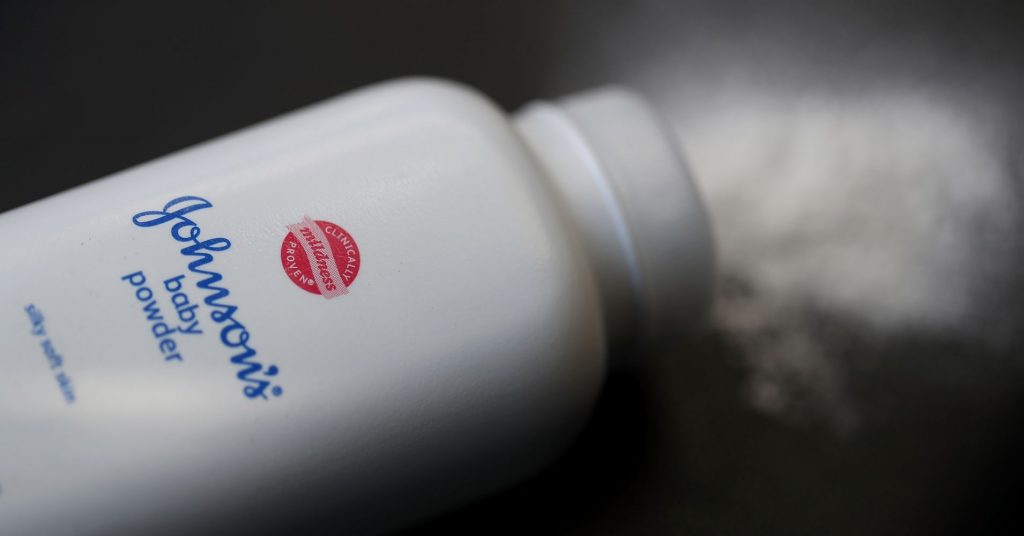
A partner for a large New York law firm returned from a business trip to China just before Thanksgiving, shortly before the arrest of Huawei CFO Meng Wanzhou in Canada Dec. 1.
Asked by CNBC on Thursday if he’d like to comment on the arrest and its effect on his future China travel plans, the lawyer had two very different responses.
“On the record? Of course, business is continuing as normal. Our relationships over there remain rock solid, and this case has no bearing on our ability to work as usual. Did that sound good?” he said.
“Off the record? Are you f—ing kidding me? No f—ing way,” he added. (He later gave CNBC permission to use the quote without his name.)
That’s an increasingly common dual-sided sentiment among executives who work in China or travel there frequently for business. They don’t want to upset the increasingly delicate diplomatic balance between the two countries and bring it into their work.
They also are mindful of China’s powerful ability to monitor what they’re saying and doing. So, many are expressing little worry in public while quietly making arrangements to stay safer in private.
CNBC spoke to three other executives who had similar things to say about their work in China. All spoke on the condition they’d be granted anonymity because they weren’t authorized to speak with media. The executives work in a variety of industries, including technology, finance and security.
One executive based in Singapore for a large multi-national financial firm said he’s received several “gentle, informal” inquiries from his colleagues in China about possible reassignments to cities outside the mainland, like Tokyo or Singapore.
“I think people are definitely being cautious, a little worried. Maybe trying to navigate into something with a little less political pressure behind it, the same job, just somewhere else. Not panicked or anything. Then again, these guys like to act cool under pressure,” he said
When asked whether he would be traveling to China soon, as he has frequently in the past, the Singapore executive said: “No, no. I mean, I have kids.”
“When the U.S. and Canada begin specific actions such as detaining the CFO of Huawei, I am afraid we will expect retaliations form China that will increase the risk of doing business in China,” said Dennis Yang, business professor at the University of Virginia’s Darden School of Business.
“There are always security concerns when traveling to China, and the risks are probably higher now than they have been in the recent past,” said Craig Allen, who heads the U.S. China Business Council, in an email. “Companies are monitoring the situation closely.”
Not all executives feel the situation is dire. One corporate dealmaker who travels travels frequently to Asia said the incident has been a “topic of conversation,” among business travelers, “but nobody is changing plans.”
But that, too, may change. China has shown it is willing to arrest foreign business workers, with news now about two Canadian citizens who have been arrested in China. The Prime Minister’s office and the country’s diplomatic organizations have said the disappearances are being investigated.
China has promised “severe consequences” for Meng’s Dec. 1 arrest in Vancouver. Meng is presently out on bail, and is wearing a GPS monitor by court order. The Canadians, Michael Kovrig and Michael Spavor, both have served in past diplomatic roles for Canada.
The Canadian government reportedly has been considering increasing its risk-level warning to citizens traveling to China.
The U.S. has not increased or added to its current travel advisories as of yet. The State Department has a four-tier travel advisory system, with four being the most significant risk, and China travel has been at a level two since at least January 2018. The State Department has primarily been warning dual Chinese and U.S. citizens of so-called “exit bans,” which allow Chinese authorities to detain these individuals for a variety of reasons, or even refusing to acknowledge their U.S. citizenship.
CNBC’s Stephanie Dhue contributed to this report.

